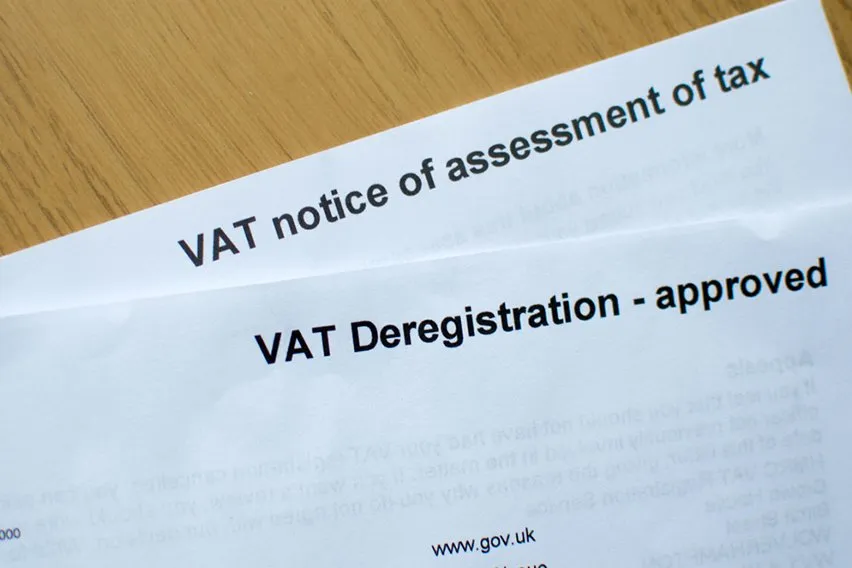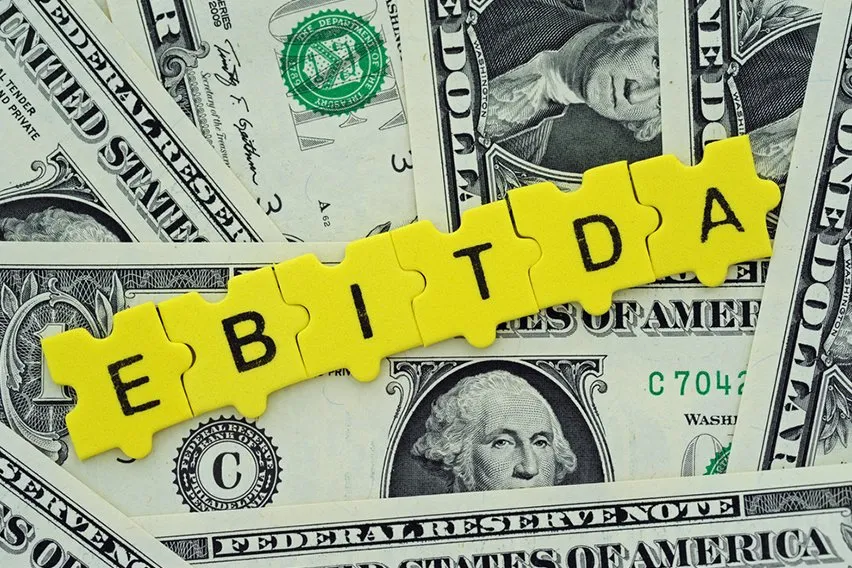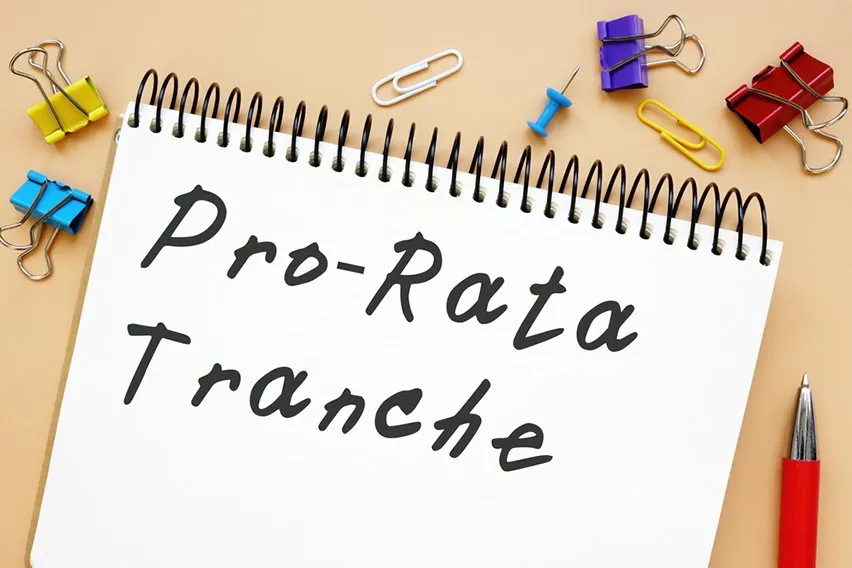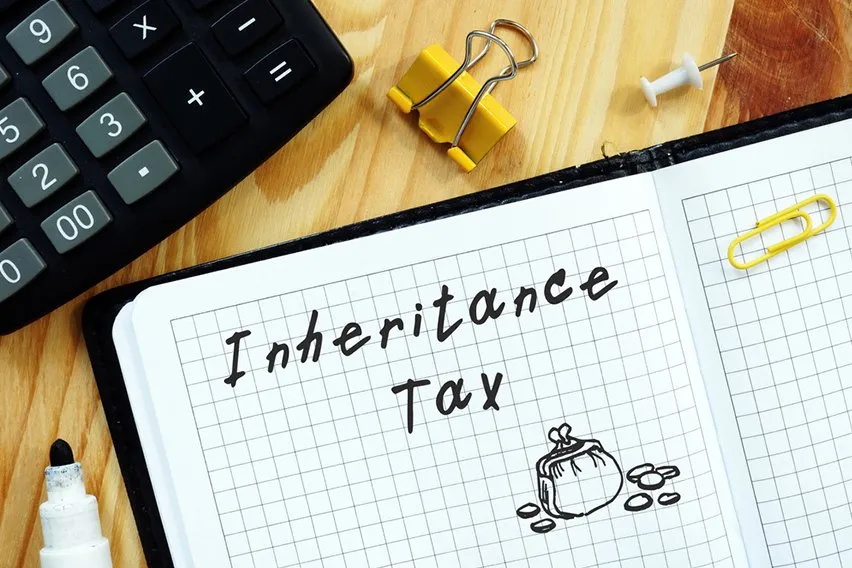UK Small Business Tax Guide: What Taxes to Pay

Running a small business is a tricky venture.
You constantly have so much to think about and it can sometimes feel like there’s more on your plate than you can handle.
One of the biggest complications when it comes to starting your own business is filling out your annual tax return. It can be difficult to navigate through which taxes you owe and what you should be paying.
From Income tax, to employment taxes to PAYE to VAT, it can all get a bit confusing.
So to help take a bit off of your overloaded plate, we’ve put together a tax guide. Our aim is to help guide you through the UK tax system and what you should be paying as a small business owner.
Here’s What We’ll Cover:
What Are the Different Types of Taxes?
What Type of Tax Applies to My Business?
What Are the Different Types of Taxes?
In the UK, tax requirements tend to vary based on how your business operates and how it is structured. It also differs by your business’ income, whether you sell services or products amongst many other different distinct conditions.

So to make things easier, we’ll lay out the different types of tax that your business may need to pay. These are:
- Corporation Tax: This is a tax on profits that is paid by corporations.
- Value-Added Tax (VAT): A tax on products or services. This comes into play if you exceed a turnover of £85,000 a year paid by any applicable business.
- Pay As You Earn (PAYE): A tax on income that is deducted from salaries that is paid by any business that employs workers.
- Income Tax: A tax on income paid by any applicable business.
- Business Rates: A tax on “non-domestic properties” that are used to run your business.
- National Insurance: These are the contributions that are paid for you to qualify for a state pension. It also allows you access to a number of other various government benefits.
What Type of Tax Applies to My Business?
The next step towards identifying what type of tax you should be paying is to figure out what legal business structure you’ve chosen. There are four different types that should be taken into consideration when looking at your business taxes. These are:
1. Sole Traders
If you’re running your business as a sole trader then you must pay income tax on any taxable profits from the business. This would be done on an annual basis as a part of your individual income tax returns.
Your tax rate will depend on your total income threshold. The tax brackets are as follows:
- Personal Allowance: There is a tax-free personal allowance where you don’t need to pay tax on the first £12,570 you earn.
- Basic Rate: The basic rate is 20% on annual net profit between £12,571 and £50,270.
- Higher Rate: 40% between £50,271 and £150,000
- Additional Rate: The final tax class is an additional tax increase of 45% on taxable income above £150,000.
You must also pay NICs, which is a Class 2 flat rate for anything you make over £6,475 per year. If you earn between £9,501-£50,270 in profit then you’ll need to pay a 9% Class 4 rate.
2. Private Limited Company
All limited companies must pay 17% on their profits in corporation tax. You’ll also need to pay NICs as an employee but directors who pay themselves a dividend will not need to pay anything on the first £2,000.

3. Partnerships
Partnership directors tend to be self-employed. This means that you must pay business income tax on your share of the profits in the same way a sole trader would.
4. Business Rates
If you pay for commercial spaces such as offices, warehouses, shops etc then you’ll need to pay business rates.
However, if you run your business from your home or a small office, these rates won’t apply.
Key Takeaways
Navigating the tax system as a small business owner can be difficult. But it’s also very important that you understand it and get it right.
Being on top of your business accounting throughout the accounting period will help you to avoid any tax implications further down the line.
Are you looking for more business advice on everything from starting a new business to new business practices?
Then check out the FreshBooks Resource Hub.
RELATED ARTICLES

 How Much Limited Company Tax Do I Need to Pay?
How Much Limited Company Tax Do I Need to Pay? What Is Flexible Furlough and How Does It Work?
What Is Flexible Furlough and How Does It Work? VAT Deregistration: Tips & Guide
VAT Deregistration: Tips & Guide Earnings Before Tax (EBT): Definition & Guide
Earnings Before Tax (EBT): Definition & Guide What Is Pro Rata? Definition, Example & Calculation
What Is Pro Rata? Definition, Example & Calculation What Is Inheritance Tax on the Estate? A Guide
What Is Inheritance Tax on the Estate? A Guide